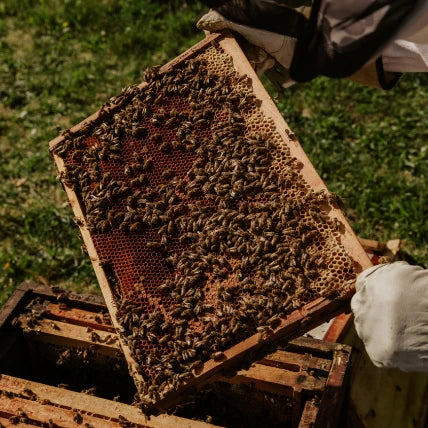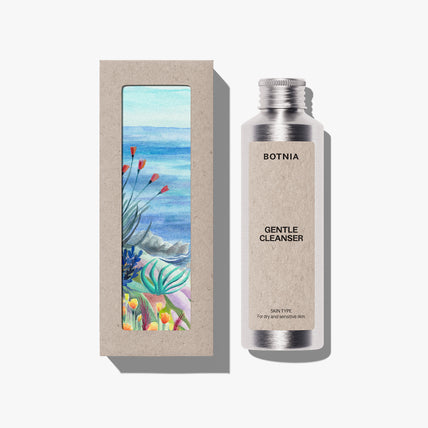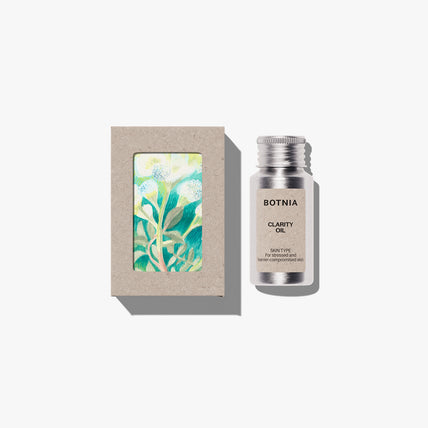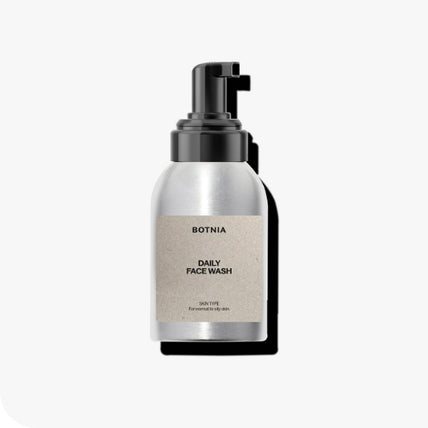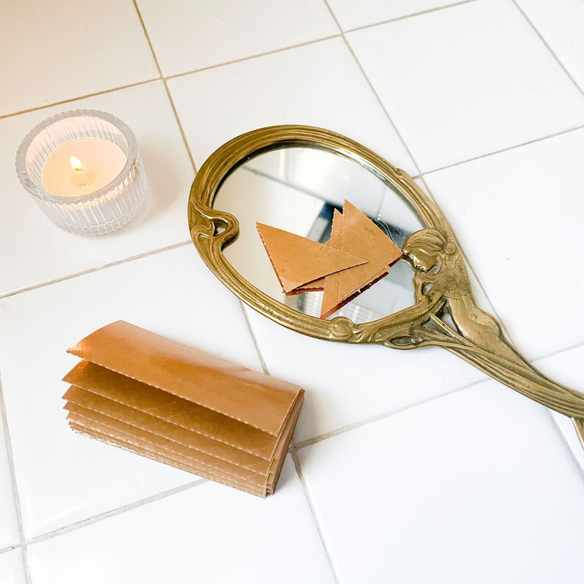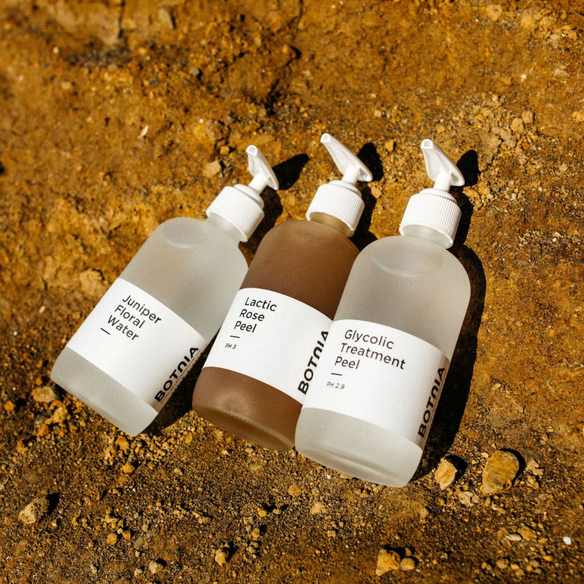
Why Dermaplaning Peach Fuzz is Harmful for Your Skin
If you love getting regular facials, perhaps you might have heard of the treatment called dermaplaning and wondered . . . is it really healthy for your skin? Dermaplaning is often said to result in glowy, “glass skin,” and is a treatment that offers to exfoliate and remove peach fuzz from your face. And honestly, who doesn’t like a smooth shave? Here are our thoughts…
What is dermaplaning?
While not a new trend, you may have seen before and after photos of this procedure that results in smooth, shiny skin. As a society that loves to remove all body hair (especially on women), it’s hard to know whether this treatment truly benefits the skin.
The procedure uses a tool, typically a scalpel or dermatome, to remove the peach fuzz (also known as vellus hair) off your face. This treatment also claims to exfoliate the skin by removing dead skin cells on your skin’s surface at the same time, resulting in smoother, brighter-looking skin.
Why do our bodies have peach fuzz anyway?
We look at our bodies holistically and have come to understand that our bodies are made perfectly as they are. Everything on and in your body serves a function that’s connected to different systems that keep your body functioning properly.
The vellus hairs on our skin exist to protect the skin from pathogens and bacteria and stop them from penetrating into the skin. They also help to regulate body temperature, wick sweat away to cool your body and help to sense light touch against your skin. These hairs exist all over your body except for your lips, eyelids, the palms of your hands, and the soles of your feet. Vellus hair grows in short and fine, while terminal hair (hair on the head, pits, and private areas) grows in dark, thick, and long.
There is truly no real medical reason to remove these hairs from our skin. In fact, the only reason we remove these hairs in our society is that we’ve deemed them a cosmetic concern. In many other countries in the world, body hair is seen as normal . . . because it is!
Botnia’s thoughts on dermaplaning
Our overall goal is to protect the biome of your face with our skincare. We view dermaplaning as a disruption to the barrier function of our skin and removing these hairs can be detrimental to the long term health of your skin. While it might give you smooth skin at first, in our experience, we don’t see it benefitting the health of the skin long term. Because it literally removes the top layer of the skin that’s able to protect itself, dermaplaning can often lead to irritation and congestion, and you may see breakouts within a few days after the procedure. Especially if you wear makeup the following days that can clog your pores.
Think about this analogy: The topcoat of your car is there to protect the paint from chipping and fading from the environment. If we remove this coating, the paint is exposed to the weather and dirt causing the paint to eventually rust and fade away.
When we take away the fuzz from our faces, the new hair follicles are shorter and more open to pathogens and bacteria. Once those pathogens and bacteria get into our follicles and fester, breakouts can turn into bacterial acne or even cystic acne. Ouch! This can come from using an unsanitary razor. (Please don’t use any facial razors you can buy from Amazon or the drugstore!) And consistently getting this procedure removes your skin’s ability to fight off those pathogens and bacteria that come into contact with your skin which can begin a cascading effect of irritation and inflammation in the skin.
Our body systems are important to keep your body running in tip-top shape. Your skin already knows how to be healthy; we just need to learn how to help it!
Other types of hair removal
Well, what about waxing, you ask?
With waxing, you’re pulling both vellus hair and terminal hairs, but typically focusing on smaller parts of your body, like your brows, lip, and chin areas. People can still experience barrier dysfunction from waxing depending on their skin type. And removing hair from these areas is definitely a cosmetic treatment.
We’ll also debunk the myth right here that peach fuzz grows back thicker if you remove it. If you shave those hairs, they will grow back as vellus hair and don’t turn into terminal hair. In fact, as you get older, these vellus hairs may begin to disappear.
Who’s a good candidate for dermaplaning?
This treatment isn’t recommended for those who have sensitive skin, barrier-compromised skin, or anyone with acne. People with non-sensitive, more sebaceous rich, thicker skin types or people with very dark vellus hairs who can’t get laser services for hair removal are suitable candidates for dermaplaning, but can still experience breakouts after the treatment.
If your goal is to improve skin texture, we prefer to use a type of plant-based chemical exfoliant (like our Weekly Digest Mask) that works with the natural function of the skin and will help to protect the barrier rather than a mechanical exfoliation that isn’t suitable for everyone’s skin.
And please, whatever you do, don’t try dermaplaning at home. Leave it to the experts!
Xo,
Botnia
